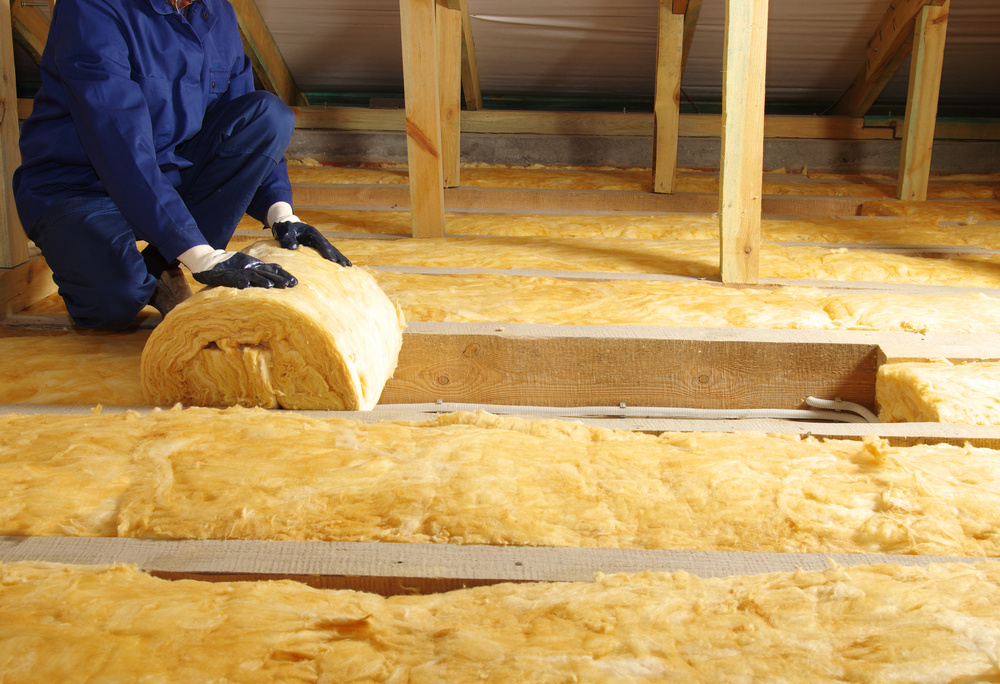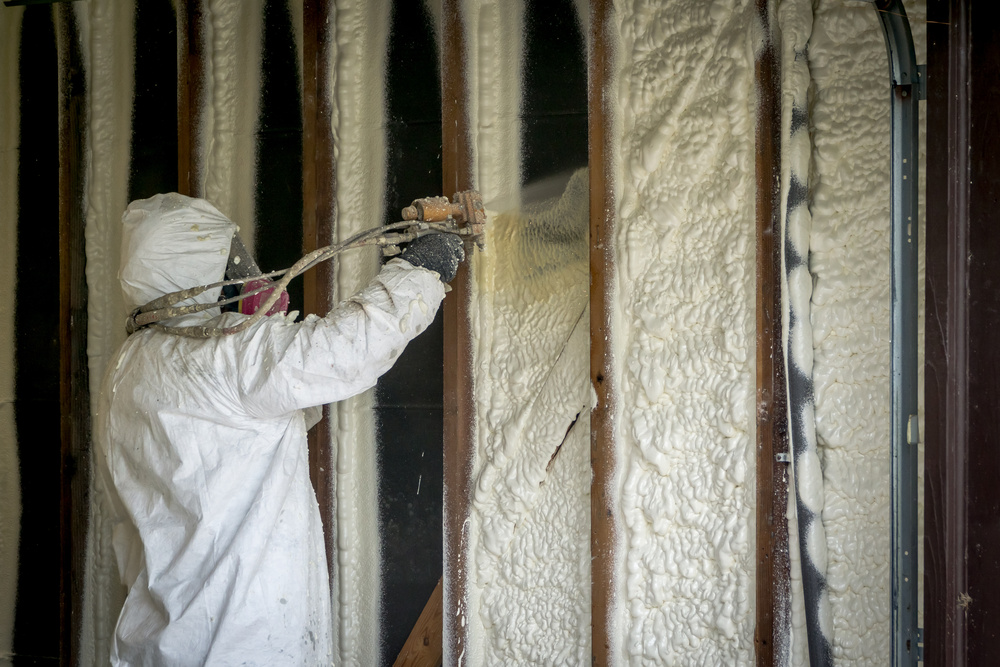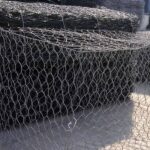Boosting your home’s value requires certain upgrades and renovations. Sometimes, cosmetic repairs and improvements are enough, like painting the ceilings and walls. However, the best investment for your property often lies beyond these visible surfaces.
Upgrading insulation is one of the foolproof ways to boost your home’s value. When planning a house renovation, most homeowners focus on other parts like walls, kitchen countertops, and bathroom fixtures. While these enhancements can significantly impact property value, adding insulation is one of the wisest long-term investments you can make for your house. Here’s why.
How Significant Is Insulation To Home Value?
It is widely known that newly installed insulation can increase the overall property value of a home, though the percentage of the increase may depend on the total area of the house and the type of insulation used.
Aside from boosting the value of your property, you can also incur significant savings, as new insulation could likely reduce heating and cooling costs. Thus, you will be able to save on your electric bill.
You’ll get a clearer idea of how energy-efficient your house is when you get an energy performance certificate (EPC). An accredited energy assessor will evaluate your property and issue a certificate indicating the energy efficiency of your home. Getting an EPC is a requirement if you are looking to sell your property.

Should You Repair Or Replace?
When upgrading a home’s insulation, you might wonder whether to repair or replace it with brand-new material. One factor to consider is the current insulation type. For instance, properties insulated with asbestos need a complete replacement due to the health risks posed by the mineral. Asbestos removal Perth is necessary since it’s hazardous to tackle it by yourself.
On the other hand, most homes with fiberglass insulation only need an additional layer to meet your needs. However, it would still be best to hire an expert to inspect your insulation to determine whether it’s more practical to repair or replace it.
What Are The Best Insulation Materials?
Choosing the suitable material for insulation is crucial to your home’s safety, comfort, and energy-efficiency. It also determines its longevity so that you can maximize your investment. Here are some of the best materials commonly used in house construction. When choosing which insulation material is suitable, it is best to check its R-value, which is a measure of its thermal resistance.
- Polyurethane Foam
Polyurethane foam, or spray foam insulation, is one of the most efficient thermal insulators. It can fill in every corner and even small holes as it expands. Its R-value (the measure of its thermal resistance) is 7 per inch, which is ideal for insulating attics, exterior walls, and basements.
Spray foam insulation’s cost depends on its type. For example, open-cell spray foam may cost around USD$0.44 to USD$0.65 per board foot, while closed-cell could be around USD$1 to USD$1.5. Between these two types, the open-cell formula is more common in residential use, as it effectively dampens sound and maintains the indoor temperature. The only downside of polyurethane foam is its flammability; otherwise, it is widely used for insulation. Add Here this paragraph: Including insulation grants is a great way to save on your energy bills. You could qualify for insulation grants if you are a homeowner. To find out more about insulation grants read the Warma UK full guide on how to qualify for a free grant.
- Fiberglass
Fiberglass insulation is one of the most practical options. It’s made with spun glass, which is naturally non-flammable. Batts and rolls have an R-value of 4.3 per inch, which is standard for residential settings.
This type of insulation may cost between USD$0.88 to USD$1.64 per square foot. It’s also quick to install, especially if you hire experts. In addition, you may be able to save on your heating and cooling bills, making it an economical choice for homeowners.
- Aerogel
Aerogel is one of the most advanced insulation materials available today, with an R-value of 10.3 per inch. It was first developed and used by NASA but is now available commercially. It’s a low-density material with tiny air-filled pores, making it one of the lightest, most effective thermal and sound insulators.
The only downside with aerogel insulation is its price. Due to its limited supplies, it’s the most expensive insulation material. Its minimum price is around USD$9.35 per square foot. However, it’s an excellent investment if you’re looking for a material that can withstand water damage since some aerogels are hydrophobic, which means they can effectively repel water.
- Mineral Wool
Mineral wool is made with recyclable materials, making it one of the most sustainable insulation options. It has an R-value of 4, which is almost similar to fiberglass. It’s an efficient thermal insulator that’s non-combustible and lasts up to 30 years or more.
Another advantage of mineral wool is the cost. It usually ranges between USD$0.62 to USD$1.10 per square foot, which is surprisingly affordable for its level of efficiency. Plus, it can help you save significantly on heating and cooling costs.
- Cellulose
Cellulose is another sustainable insulation option. It’s made of 75% to 85% recycled paper that’s densely packed to create an excellent thermal and sound insulator. Despite being made of paper fibers, it doesn’t attract bugs and rodents due to its borax content, which acts as a pesticide. You can also install it over existing fiberglass insulation instead of making a complete replacement.
The average cost of cellulose insulation is USD$1.20 per square foot. It’s an economical and eco-friendly choice, which may be best if you’re converting your property into a green home. Plus, it can help you save up to 25% on overall heating and cooling costs.

Bottom Line
Adding insulation can significantly boost your property’s overall value, especially if you choose the best material. It’s also ideal to hire professional insulation services to install the insulator and ensure its quality and safety instead of tackling it yourself. Efficient insulation is imperative to creating a safe, comfortable, and valuable home.





